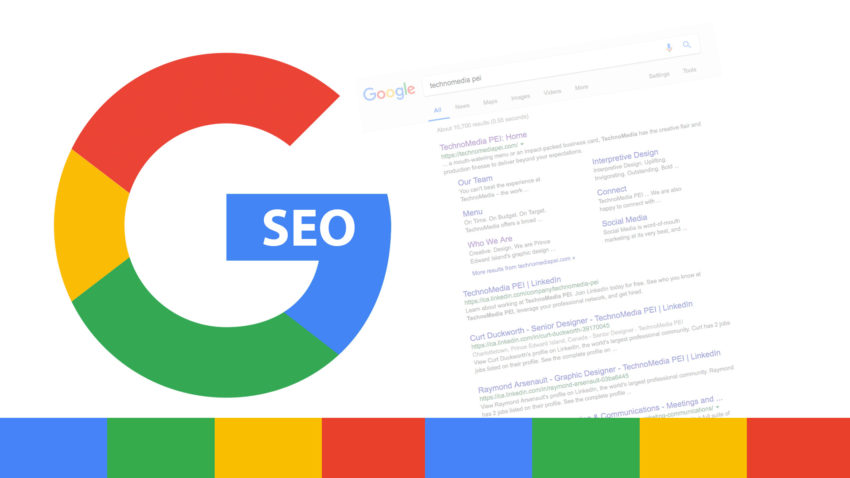
Backlinks are links that lead from your website to another external website. Obtaining new links is like casting votes in an online popularity contest that never ends because Google counts links as votes. However, keep in mind that those links MUST come from websites that are relevant to what you do if you want them to improve your SEO (and NOT hurt you!) More votes for your website translates into greater authority and, most likely, a higher placement in pertinent searches. However, search engine robots do not treat all links equally. Links coming from trustworthy and well-known websites are given far more weight by search engines like Google, Bing, and others. A link from your best friend’s blog won’t contribute nearly as much for your site’s reputation as one from Wikipedia or The New York Times, for instance.
A website that links to you is indicating that their viewers will find your information to be interesting and relevant. Google takes the stance that there must be some connection between the two pages’ contents when one website connects to another. That implies that as a website owner, you should aim to obtain links from established websites in your sector. The process of boosting the quantity and caliber of inbound links to a website is known as link building. Read on to learn how professional SEOs create backlinks.
Badge Backlinks
A great strategy for generating backlinks is to create a badge that can be given to other businesses as recognition for their standing or performance in some way. To find possible targets for your badge program, you should once more employ SEO tools to find websites with audiences similar to your own.
Backlinks from Webinars
Websites can link to webinars (and their recordings) for relevant information. Webinars are frequently posted on websites in order to link to and mention your business. These backlinks can be acquired by employing techniques similar to those for blog promotion.
Free-Tool Backlinks
Another powerful strategy for getting attention and backlinks, which have a substantial and lasting impact on SEO, is to offer up a terrific tool for free. This may entail creating a straightforward but practical product, such as a cost calculator that would be helpful to those working for you, or providing a free version of a paid tool. Promote the tool on websites with a readership similar to your own (use SEO tools to locate these websites) and the websites that your guest posting is intended to attract links from.
Comment Backlinks
In most cases, you are allowed to link back to your website when you leave a comment on a blog post. This is widely used by spammers and could be used to create poor links. However, sharing links can help you increase traffic to your website and increase knowledge of your company if people write sincere comments on high-quality blog posts.
Guest Post Bio Links
Backlinks are nearly always permitted in the author bio part of a website that accepts guest blogging even if they are not permitted inside the post itself. The fact that these backlinks aren’t connected to editorial material is irrelevant. They still have an impact on SEO because visitors frequently connect to popular websites. They are aware of the websites that other people visit to read blogs, articles, and recipes.
